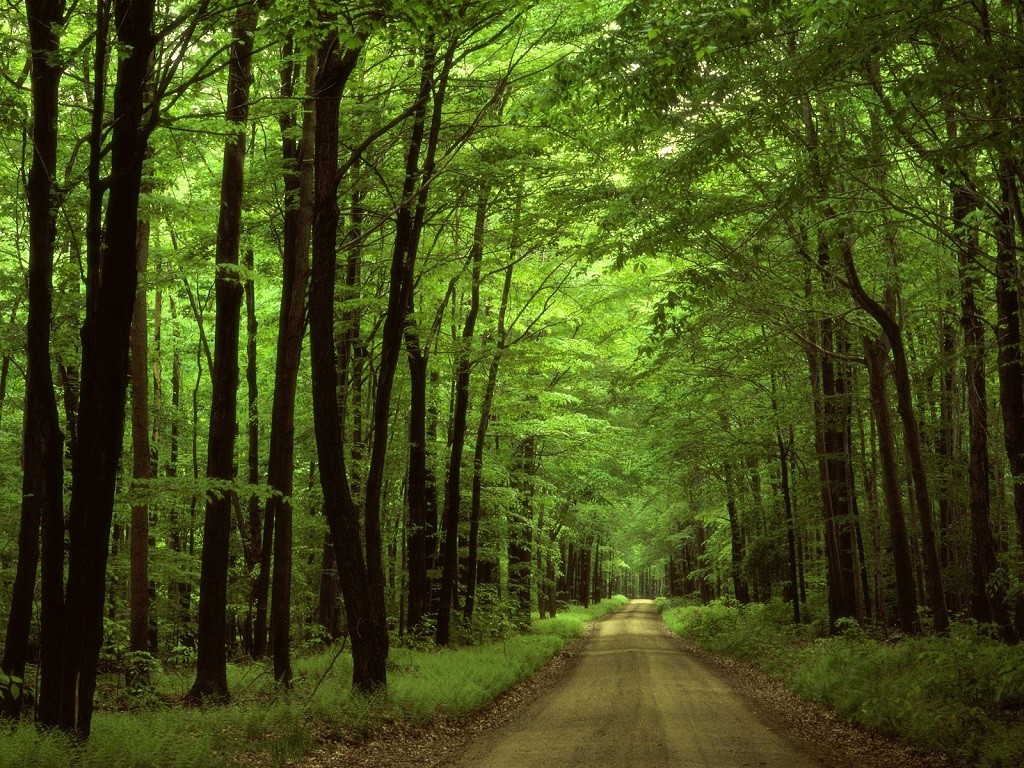The Mercadante Forest: a story of an artificial forest for water safeguard

Apulia is one of the most wonderful land in Italy, and all the people that live in Bari and on the outskirts know the Mercadante Forest, an incredible place surrounded by nature. It is located on the Murgia, next to Cassano delle Murgie and Altamura, and is extended for 1.300 acres. Almost everybody knows this place, but not all people know that Mercadante is an artificial forest: in early ‘900 the location was poor in flora and whole bare. Why to build a forest? Let’s take a step backwards.
Million years ago, the land around Bari was full of rivers and small streams; These rivers proceeded down from Murgia’s hills and sweetly flowed into all the coast. Over geologic times These rivers dried up, but today their sign is still visible thanks to their riverbeds; in Apulia these beds are called “lame“, and are recognizable by grooves in the soil, not so much deep but various in width. Studies determined that there are at least 9 “lame” in Bari surroundings, from the smallest ones as Lama Villa Lamberti, situated near to Bari FC stadium, to the widest ones as Lama Picone. Historically, this last riverbed was considered as the “literal Bari’s river” and according to history books, before Roman Imperium, Lama Picone was partly navigable. The river sprang from Cassano and it extended for 35 km until it flowed in San Cataldo’s bay, in the center of Bari; due to geologic time and building speculation, today Lama Picone is totally buried.

Thus, riverbeds, or “lame”, are the evidence of ancient rivers that flowed in the uncontaminated land long time ago but now are dried up. Although those riverbeds are buried, they are still the preferential runoff way of rainwaters that fall on Murgia’s hills, in the internal part of Apulia: they work like a proper natural pipe sewer, that take water from the internal part to bring it until coast according to gravity force.
When the stream beds are free from obstacles they are practically harmless, because they can allow the rainwater to freely run off; but since men set in, the situation became tragic, as the fatal floods of Bari attest. In fact, in early ‘900 all the stream beds have been urbanized: today whole districts rise up inside, and in the worst case, riverbeds are utilized as fields or dumps. Thus, in case of heavy rains, the riverbed blockage can’t permit the free outflow of rainwater, which has not the possibility to infiltrate into the permeable ground, and so the water flows on the surface, gathering in the low zones.

In 1905 and 1915 Bari was hit by two disastrous floods, that killed more than 20 people. But the 1925 flood was the one that focused the public attention on the hydraulic problem: on 6 November of that year, 19 people died, there were 50 injured and all the city of Bari was overwhelmed by 60 cm of mud, record numbers for the story of the city. All the barriers were smashed and, also due to the World War, the social situation was fervent. For this reason, after careful studies by technicians, the Italian government decreed the administrative order 30-12-1926 n. 3287: few years later the Mercadante Forest was born.

Therefore, Mercadante is a forestation work for the hydrogeological defense of the territory, with the goal to guarantee a resistance to the rainwater flows; crossing the trees of the forest, the water slows down, disperses and infiltrates into the ground.
But could it be enough for the safeguard of this wonderful land? There are a lot of problems. Time ago, some ducts were built next to the stream beds, aiming to deviate the water flow and to preserve the streambeds; but now those canals are old and in the future could be insufficient. Furthermore, the overbuilding of the soil promotes the water outflow on the surface. The rainwaters are different from the past: the nowadays rainfalls are shorter but more intense, and this represent a hard situation to plan. In light of those factors, we can affirm that Bari surroundings and many places on the coast are risky hydrogeological territories.
This was a little historical digression that is useful to understand the land we live in: we can’t still refer to natural disasters as fatalities, fortuity or unpredictability, because the worldwide floods often are caused by men’s avidity.

